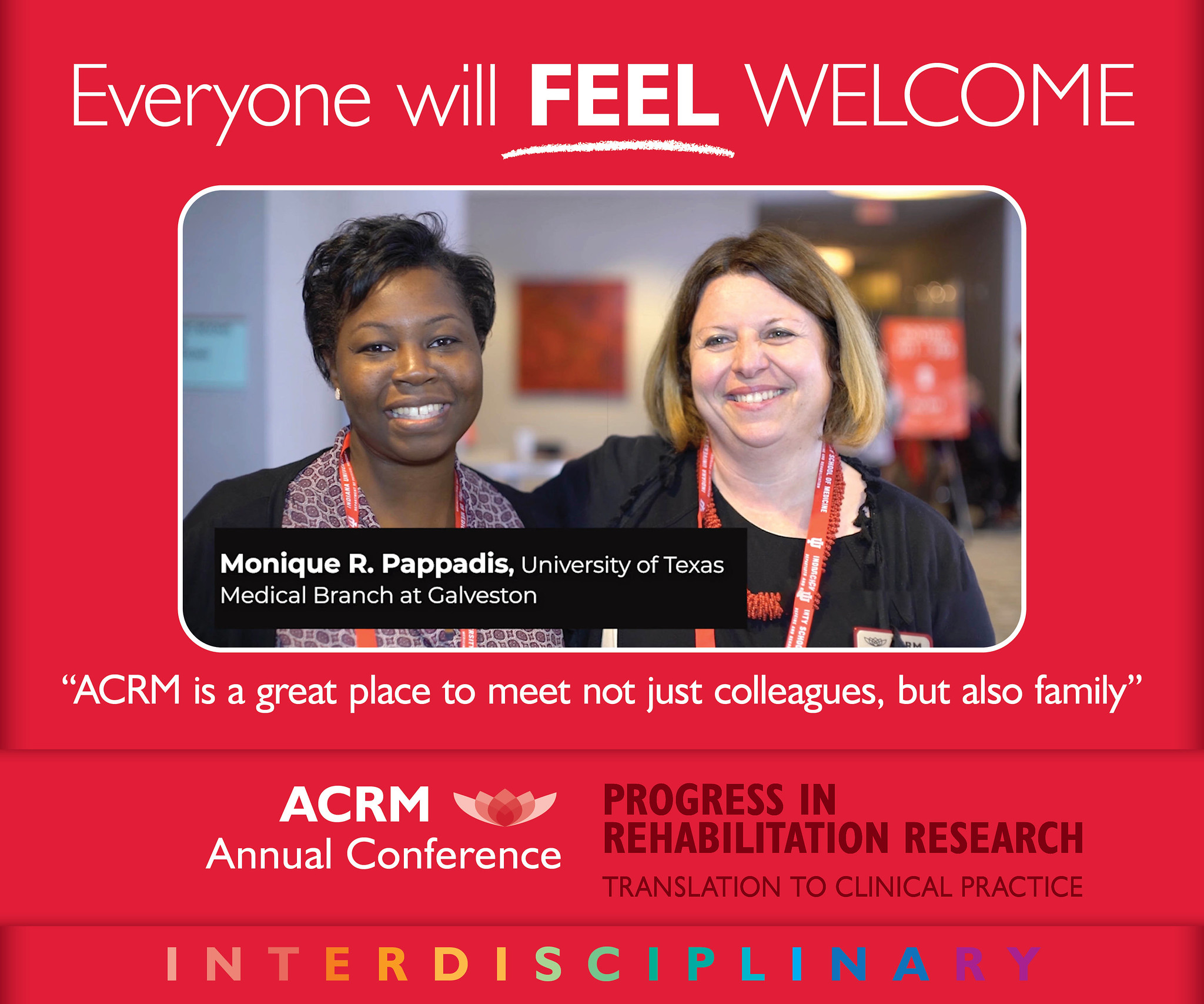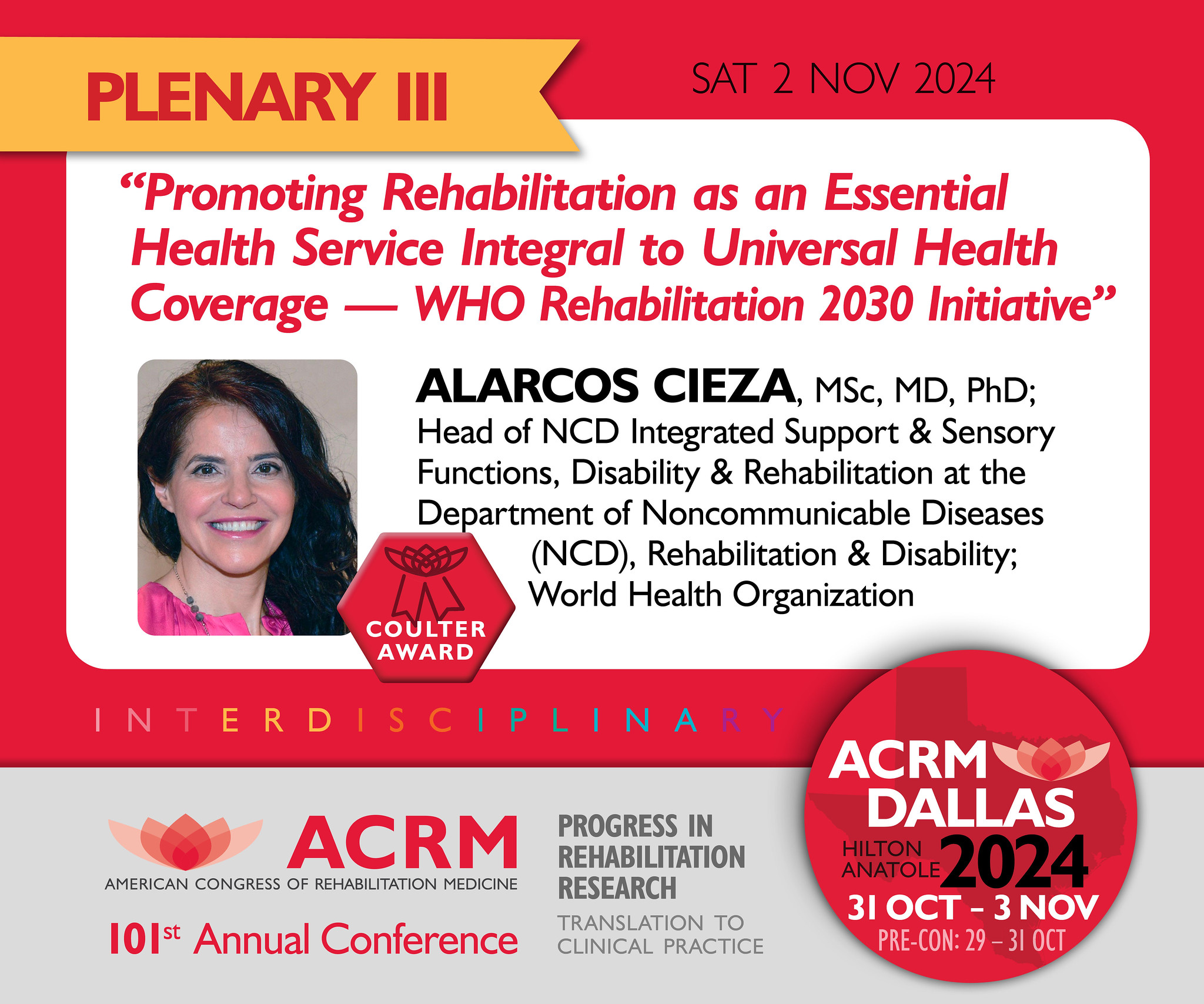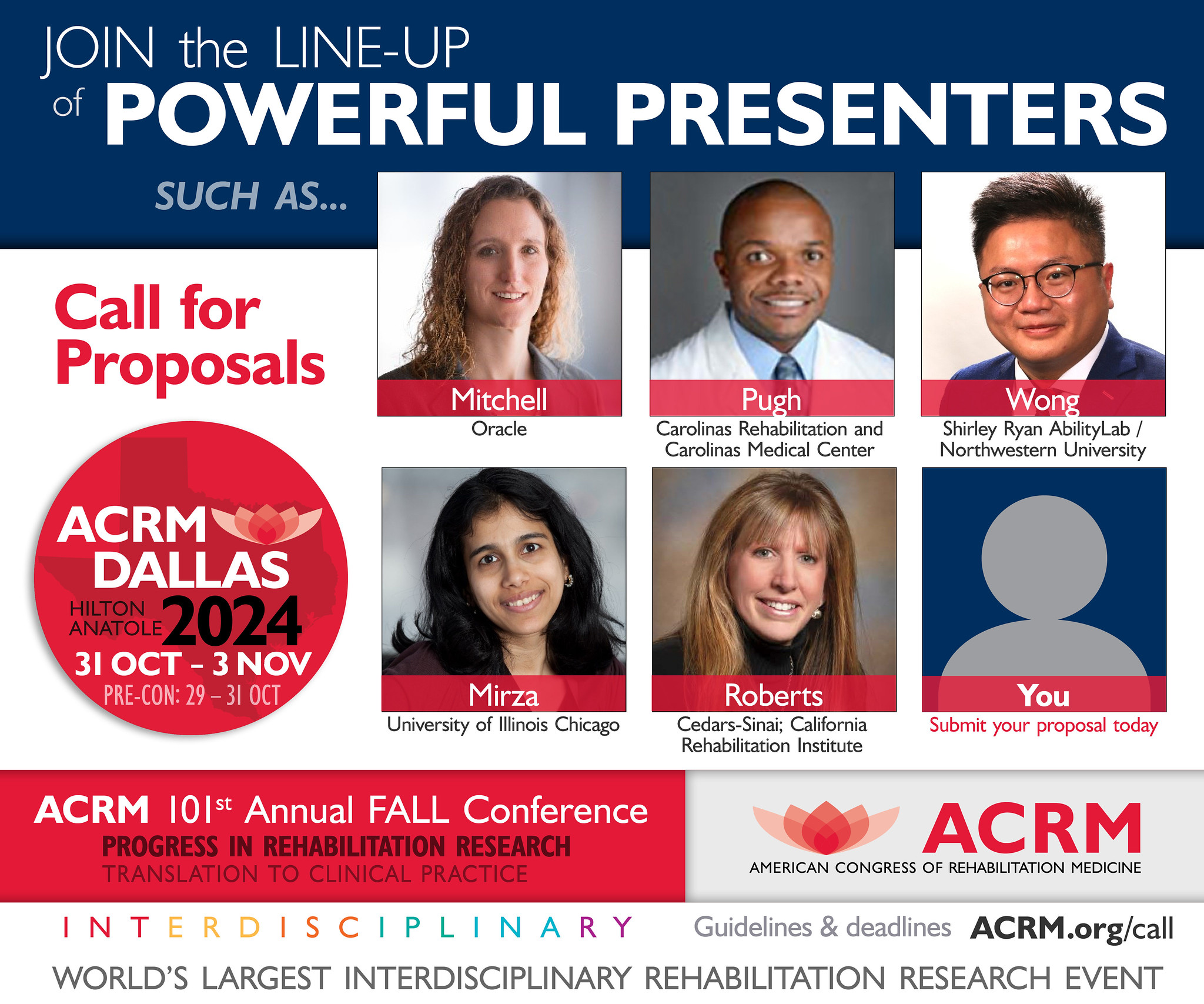Sonya Kim, PhD, CRC, BCB
CHAIR, CIRM Networking Group
Research Scientist and Assistant Professor, Department of Neurology & Department of Rehabilitation Medicine
New York University School of Medicine
Sonya Kim, PhD, is a research assistant professor at the New York University Grossman School of Medicine where she holds a joint appointment in the department of Neurology and the department of Rehabilitation Medicine. Dr. Kim is a clinical psychologist, a certified rehabilitation counselor, and is board certified in biofeedback. In 2011 she was awarded her PhD in Clinical Psychology, with a health emphasis, from the APA-accredited Yeshiva University Ferkauf School of Psychology. Her research has the overarching focus of contributing to evidence-based practice in the rehabilitation of persons with brain injury as well as the support of their caregivers. More precisely, and with the ultimate goal of improving societal participation of people with disability, her research has maintained a consistent dual focus. As the pioneering force behind the use of heart rate variability biofeedback to improve emotional regulation for individuals with severe and chronic brain injury, Dr. Kim has explored mechanisms and interventions related to psychophysiology and the use of body memory to help rehabilitate functioning after brain injury. At the same time, Dr. Kim has examined the ways in which patients’ perspectives and beliefs, as well as those of their caregiving families, can play an important role in shaping clinical treatment. She has served as PI in studies, funded by grants from the consortium of MS Centers and the National MS Society, that undertook the development of a personal growth scale in partners of individuals with multiple sclerosis. She went on to serve as PI in a study which adapted this personal growth instrument and validated it for use by family caregivers of individuals with acquired brain injury. The study was conducted in collaboration with the Brain Injury Association of America, and was funded by the National Institute on Disability, Independent Living, and Rehabilitation Research (NIDILRR) under the Switzer Research Fellowship.












